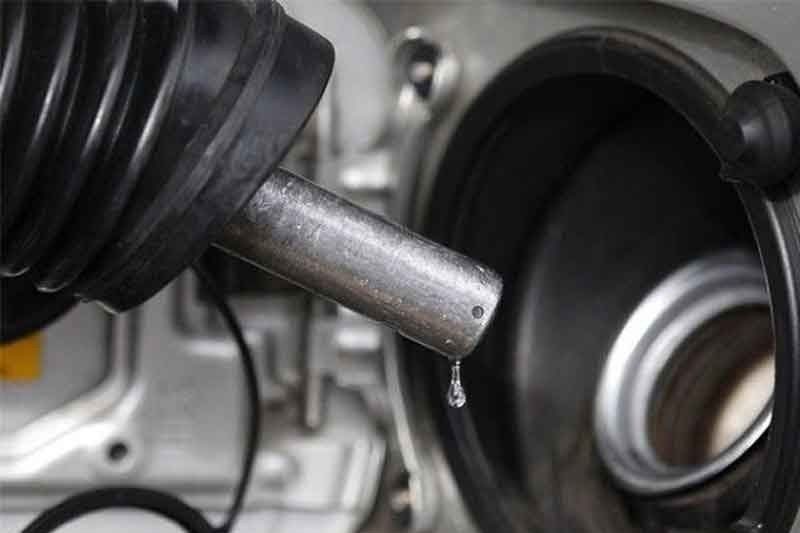Philippines net oil import bill down 40%

MANILA, Philippines — The country’s net oil import bill dropped by over 40 percent as of end-September last year due to depressed global prices and the negative impact of the pandemic, according to the Department of Energy (DOE).
The net import bill, or the difference between oil imports and exports, amounted to $4.69 billion from January to September last year, a drop of 43.4 percent from $8.28 billion in the same period in 2019.
The DOE attributed the drop to the significant decline in fuel demand last year amid the pandemic.
“Demand dropped significantly due to the lockdown. Quarantine measures caused very slow economic activity,” DOE-Oil Industry Management Bureau (OIMB) director Rino Abad said in a text message.
The agency said the country’s total oil import bill amounted to $4.94 billion from January to September last year, a 44.1 percent slide from the previous year’s $8.84 billion.
Of the total imports of 16.05 million liters, 74.3 percent consist of finished products and 25.7 percent is crude oil.
The country imported a total of 11.93 million liters of petroleum during the period, 17.5 percent less than the previous year’s 14.45 million liters.
Meanwhile, imported crude oil reached 4.13 million liters, a decrease of 31.3 percent from 6.01 million liters a year ago.
On the other hand, the Philippines’ export earnings amounted to $254.1 million last year, more than half of the previous year’s $557.1 million.
In terms of volume, the DOE data showed total country’s petroleum export slipped by 29.4 percent from 1.48 million liters to 1.05 million liters.
Broken down, 96.7 percent of the total export are finished products and crude oil accounting for the balance.
The country exported 34 million liters of crude products and 1.01 million liters of finished products, which declined by 68.8 percent and 26.3 percent, respectively.
In August last year, Pilipinas Shell Petroleum Corp. permanently shut down its refinery operations in Tabangao, Batangas and transformed the facility into a full import terminal in August.
Meanwhile, Petron Corp.’s refinery in Bataan was shut down in May 2020 to give way to maintenance activities on major process units and to mitigate the impact of low fuel demand and poor refining margins. It resumed operations in October last year.
However, the country’s only remaining refinery in operation is also set to shut down in the middle of the month to minimize losses in view of weak refining margins.
Petron said it would also turn to importing fuel products, noting that there is no level playing field between importers and refiners in terms of taxes.
The Bataan refinery’s shutdown, however, is not permanent. Its operation will resume once the economy improves.
- Latest
- Trending
























